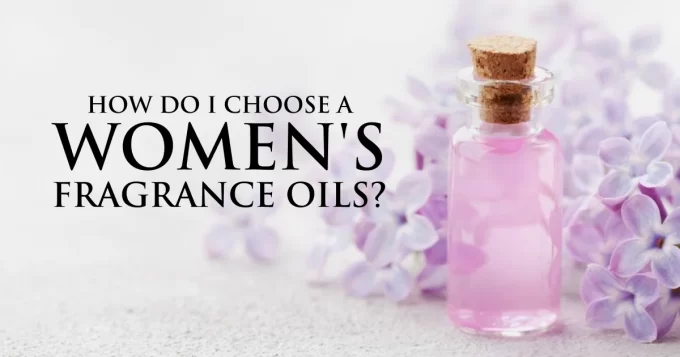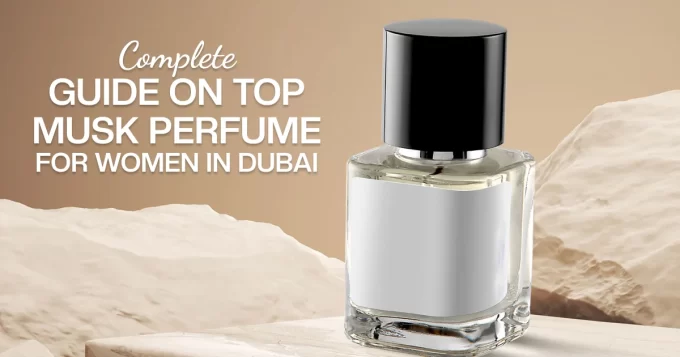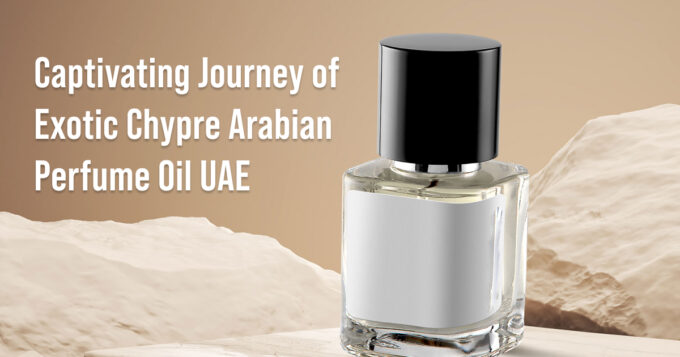Perfume enthusiasts and casual users alike frequently ask if their favorite perfumes have an expiration date. Given the significant investment many people make in high-quality perfumes, it’s critical to understand whether these olfactory jewels have a shelf life and how to maintain their quality. This detailed book delves into the science of perfume longevity, indicators of expiration, and how to extend the life of your scents.
The Science of Perfume Longevity
Perfumes are a complex blend of natural and synthetic aromatic chemicals, alcohol, and water. The lifetime of a scent is determined by various factors, including its composition, storage circumstances, and the quality of the materials used. Finding the best online perfume can enhance your fragrance experience, offering high-quality scents with lasting power.
1. Composition: Fragrances usually consist of top, middle, and base notes. Top notes are the most volatile and disperse rapidly, but base notes are more durable and last longer. Perfumes with a higher concentration of essential oils (e.g., parfum) typically have a longer shelf life than lighter formulations like eau de toilette or eau de cologne.
2. Components: Natural components may be more volatile and prone to degradation than synthetic ones. Citrus notes, for example, are more delicate and susceptible to oxidation, whilst woody and spicy aromas are more stable.
3. Alcohol Content: Alcohol serves as a preservative in perfumes, inhibiting the growth of microorganisms and stabilizing scent ingredients. Perfumes with higher alcohol content typically have a longer shelf life.
Signs Your Perfume May Have Expired
While perfumes do not have a set expiration date like foods, they do alter with time. For example, chypre fruity perfumes and other fragrance types can develop changes in their scent profile as they age. Here are several clear signs that your fragrance may be beyond its prime.:
1. Change in Scent: If your perfume smells different than when you first purchased it, it may have begun to deteriorate. An expired perfume may produce a sour, metallic, or otherwise unpleasant odor.
2. Color Changes: Perfumes can change color over time, especially when exposed to light. A darkening of the liquid or the appearance of cloudiness may suggest that the aroma is breaking down.
3. Texture Changes: If you see sediment at the bottom of the bottle or a change in the perfume’s texture, it means the components are separating and degrading.
4. Performance Issues:If your perfume does not stay as long on your skin or appears less intense, it may have lost its effectiveness. To find a replacement or try new scents, explore some of the best online perfume stores that offer a wide range of high-quality fragrances.
How Long do Perfumes Last?
A perfume’s lifespan varies greatly depending on its formulation and storage conditions. On average:
- Parfum (Extrait de Parfum): This variety has the highest concentration of fragrance oils (15-30%) and can endure for 5-10 years.
- Eau de Parfum (EDP): With a fragrance oil concentration of 15-20%, it usually lasts 3-5 years.
- Eau de Toilette (EDT): At a lower concentration (5-15%), it typically lasts 2-3 years.
- Eau de Cologne (EDC): The lightest formulation (2-4% concentration) has a shelf life of 1–2 years.
Tips for Extending the Life of Your Perfume
Proper storage and treatment can greatly increase the life of your perfume. Here are some techniques to keep your scents fresh:
1.Store in a Cool, Dark Place: Perfume is sensitive to heat, light, and humidity. Store your bottles in a cool, dark place away from direct sunlight and temperature variations. A drawer or closet is excellent.
2. Keep Bottles Sealed: Air exposure has the potential to hasten scent deterioration. When not in use, always keep the cap tightly closed.
3. Avoid Humidity: While bathrooms appear to be a convenient area to store perfumes, heavy humidity might have a detrimental impact. Choose a drier location.
4. Use Smaller Bottles: If you have a huge perfume collection, consider decanting it into smaller bottles. This reduces the larger bottle’s air exposure, allowing its contents to be preserved for extended periods of time.
5. Handle with Care: Do not shake the bottle excessively, as this can introduce air and destabilize the aroma ingredients.
Conclusion:
Perfumes, like good wines, can evolve and alter with time, but they also have a limited lifespan. Understanding the aspects that determine the longevity of your perfumes, as well as implementing suitable storage precautions, will help you maximize the value of your aromatic purchases.
By recognizing the signs of expired perfume and following optimal storage methods, you may keep your favorite scents fresh and delightful for as long as possible. So, while fragrances have an expiration date, with careful care, you may extend their life and continue to enjoy their lovely aromas.












